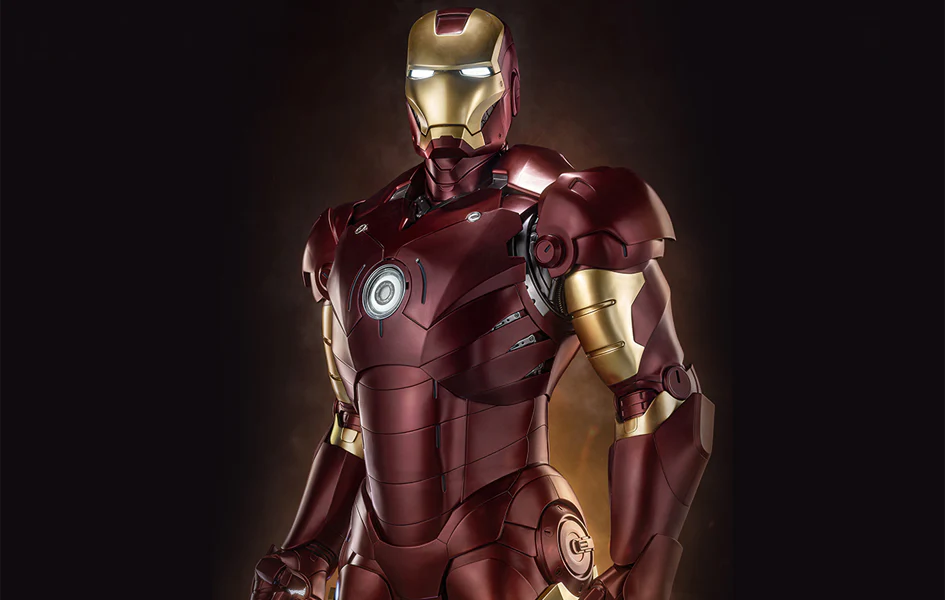When Iron Man premiered in 2008, few could have predicted the seismic impact it would have on the film industry and popular culture. Directed by Jon Favreau and starring Robert Downey Jr. as Tony Stark, the film not only launched the Marvel Cinematic Universe (MCU) but also redefined what a superhero movie could be. With its blend of wit, heart, and cutting-edge technology, Iron Man introduced audiences to a flawed yet charismatic hero whose journey resonated deeply with viewers.
At the heart of Iron Man is Tony Stark, a billionaire genius and weapons manufacturer who undergoes a profound transformation. Captured by terrorists and forced to build a weapon of mass destruction, Stark instead creates a high-tech suit of armor to escape. This experience becomes a turning point, as he shifts from a self-centered playboy to a hero determined to use his intellect and resources for the greater good. Robert Downey Jr.’s portrayal of Stark is nothing short of iconic, infusing the character with charm, vulnerability, and a sharp sense of humor. His performance not only revived his career but also set the tone for the MCU’s emphasis on character-driven storytelling.
One of the film’s greatest strengths is its balance of action and character development. The scenes of Stark building and refining his Iron Man suit are as thrilling as the explosive battles, showcasing his ingenuity and determination. The film’s groundbreaking visual effects brought the suit to life in a way that felt both realistic and awe-inspiring, setting a new standard for superhero films. Yet, amidst the spectacle, Iron Man never loses sight of its emotional core. Stark’s relationships with his assistant Pepper Potts (Gwyneth Paltrow) and his mentor Obadiah Stane (Jeff Bridges) add depth to the narrative, highlighting themes of trust, betrayal, and redemption.
Iron Man also stands out for its modern, grounded approach to the superhero genre. Unlike many comic book adaptations of the time, the film eschews fantastical elements in favor of a more realistic tone. Stark’s suit is portrayed as a feat of engineering rather than magic, and the story addresses real-world issues like corporate greed and the consequences of war. This approach made the character more relatable and paved the way for the MCU’s interconnected universe, where heroes grapple with both personal and global challenges.
The film’s post-credits scene, featuring Nick Fury (Samuel L. Jackson) hinting at the Avengers Initiative, was a game-changer. It signaled Marvel’s ambitious vision for a shared universe, a concept that has since become a cornerstone of modern cinema. Iron Man not only launched the MCU but also inspired a new era of superhero films, proving that audiences were hungry for complex characters and interconnected stories.
In retrospect, Iron Man is more than just a superhero movie; it’s a cultural milestone. It introduced the world to a hero who was as flawed as he was brilliant, setting the stage for a decade of storytelling that has captivated millions. Tony Stark’s journey from arrogance to altruism remains one of the most compelling arcs in the MCU, and his legacy endures in every film that follows. As the character famously says, “I am Iron Man,” a declaration that encapsulates his humanity, ingenuity, and enduring impact on the world of cinema.

Leave a Reply